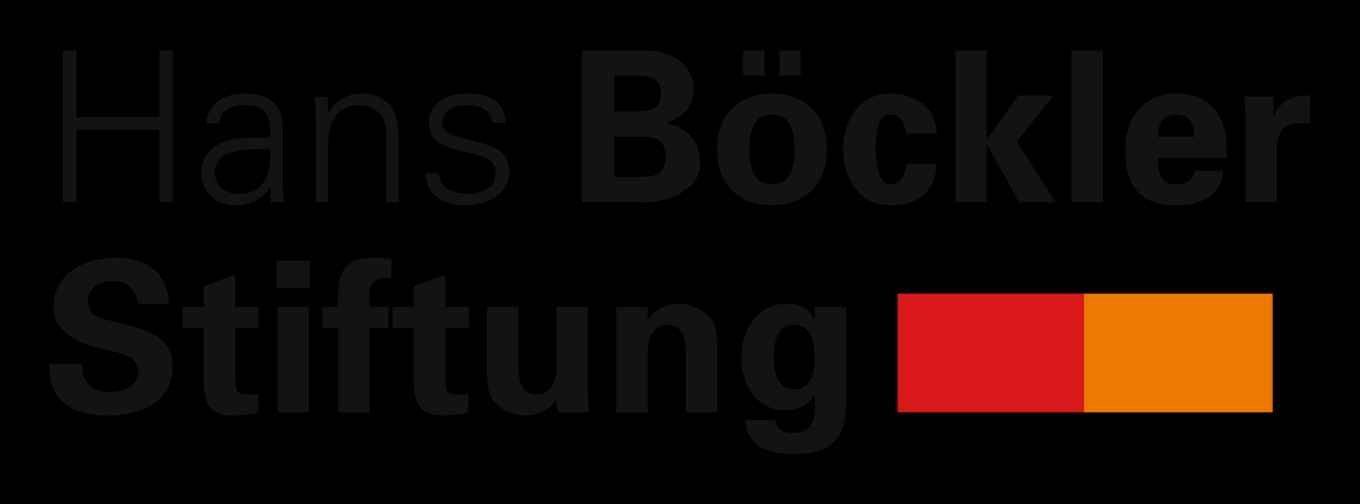Hybridisation of Work: Structure and Dynamics
Recent labour market developments seem to boost what has been called ‘multiple’, ‘plural’ or ‘hybrid’ employment forms, which refers to either a parallel existence of several dependent employment relationships at the same time (such as zero-hour contracts, temporary employment agency work, fixed-term or permanent contracts), or a combination of dependent employment and self-employment activities. In this research project we examine how the share, nature and quality of multiple jobholding has evolved in Europe and how pluriactivity spells are embedded in the occupational biography.
